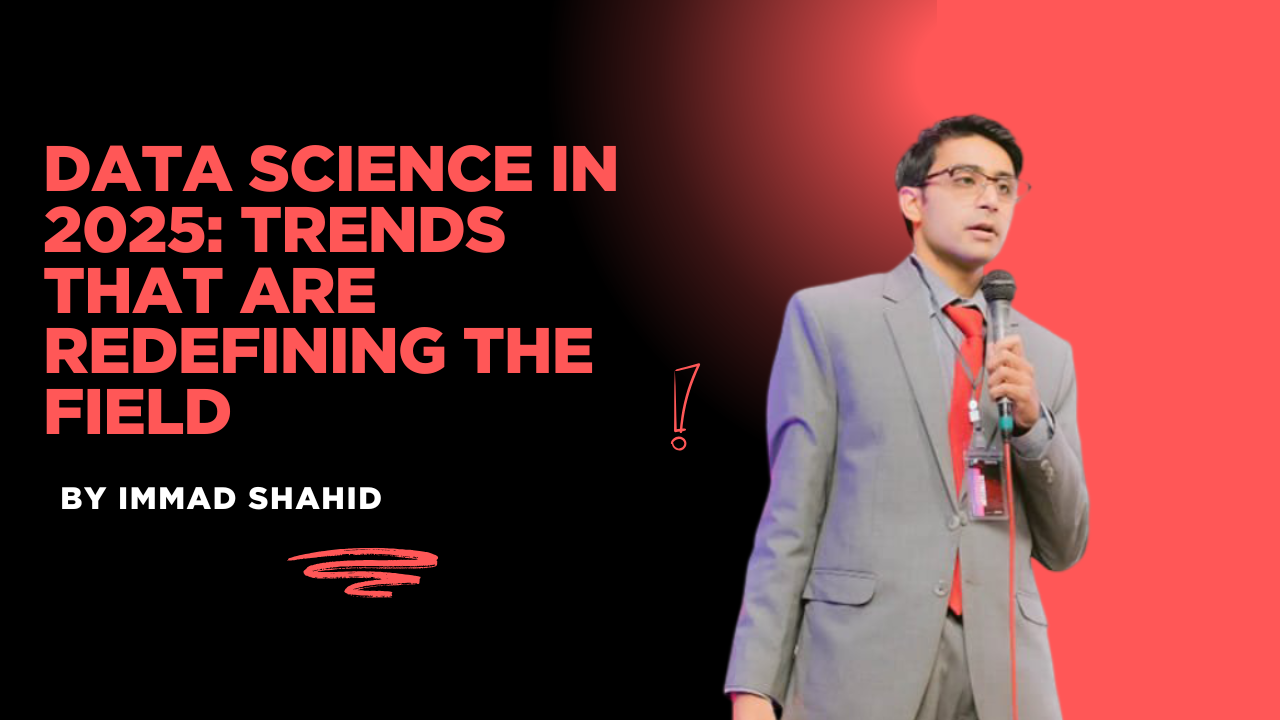For generations, poverty was defined by money, the absence of food, housing, or resources. But in today’s hyper-connected world, there’s a new kind of scarcity quietly draining people’s lives: poverty of attention.
Think about it.
How many people can sit and read a chapter of a book without glancing at WhatsApp?
How many can watch a 10-minute tutorial without pausing to scroll TikTok?
How many can have a meaningful conversation without notifications pulling them away?
This constant fragmentation isn’t harmless. It’s a silent theft. Our wallets might carry some cash, but our minds are bankrupt.
Big companies know this. That’s why they don’t fight for your money first, they fight for your attention. Instagram, YouTube, Netflix, TikTok, all of them understand a simple rule: own someone’s attention, and their money will follow. Subscriptions, ads, impulse buys, they all come after the eyes.
But here’s what most people miss: even if you double your income, without focus you will waste it. You’ll leak it through endless consumption, unplanned spending, and unfulfilled potential. Money without attention is like water in a cracked pot, it never lasts.
This is why attention is the new wealth. The person who can sit down and focus deeply for two hours a day will achieve more than the one who drifts through six hours of distraction. The learner who can study with discipline will surpass the one who endlessly “catches highlights.”
Wealth today is not just financial, it’s the power to direct your own mind. The ability to resist distractions in a world designed to capture you is a modern superpower.
So before you complain about being broke, pause and ask yourself:
Is it really your wallet that’s empty or your attention?
Because in 2025, the poorest person isn’t the one without money.
It’s the one who has lost the capacity to focus.
By Immad Shahid Qureshi
For feedback, write in comments below…





Leave a Reply